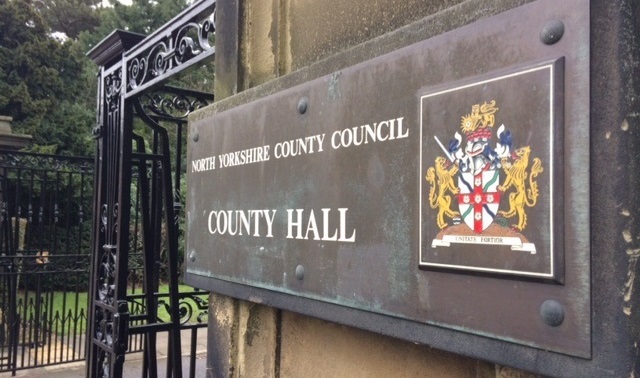
North Yorkshire County Council has been urged to do more to tackle the area’s leading source of emissions – agriculture.
Ahead of North Yorkshire County Council’s executive considering its climate change strategy on Tuesday, opposition councillors have questioned why it features little about measures to lessen the impact of farming, which the document states produces 33 per cent of the county’s emissions.
Ahead of a public consultation being launched over the proposed strategy, the document states the other leading sources of emissions in the county are transport, which accounts for 28 per cent, and while 19 per cent of emissions are produced in homes.
The draft strategy sets out how North Yorkshire Council, which will launch on April 1, will cut carbon emissions and how the council will prepare for changes in climate.
Under the proposed strategy initiatives which will need to be adopted include producing more renewable energy, reducing the use of fossil fuels, improving insulation in homes, encouraging the use of low-emission vehicles and promoting more active travel such as cycling and walking.
Among the key projects to help tackle climate change is the BioYorkshire initiative, which is being led by the University of York, Askham Bryan College on the edge of York and the Fera Sciences site at Sand Hutton. The scheme will harness scientific expertise to develop bio-based supplies of fuel, chemicals and materials, while also supporting net-zero food production, farming and wider land use practices.
However, last month, a North Yorkshire council officer told councillors in Selby that farm-related emissions targets, such to those to cut meat consumption, had “no political or community consensus behind them”, partly as the area relies very heavily on its agricultural businesses.
As the proposed strategy was unveiled before the executive meeting, retired vegetable farmer and councillor for the rural Ouseburn division, Arnold Warneken, said none of the strategy’s proposed initiatives referred to agriculture.
He said: “Whilst the plan is claimed to be ambitious we seem unwilling to address the issue of agriculture and cite what other organisations, such as the University of York and Askham Bryan Colleges are doing, as opposed to what we propose to do, as at the moment that is nothing.
“We could at least start by looking at the farms we own and then move on to working with likes of the National Farmers Union who have their own targets and strategy which we could work with, for example being more supportive of applications for renewables on farms that wish to produce energy for their own use and that of the local communities.”
The authority’s climate change executive member Councillor Greg White said addressing emissions from agriculture was a difficult issue to tackle because “the science is at best unclear” and emissions related to it were “unintended consequences of everything people do”.
He said some carbon-cutting actions were already taking place on North Yorkshire farms, such as covering methane-producing slurry pits, and more technological solutions were coming forward.
Coun White added: “I would like to see agriculture included, but it needs to be done in a way that is helping agricultural businesses be sustainable, not stopping people from what they have done for years, which is produce food that people need to eat, whether it be meat or grain.”


Be the first to comment